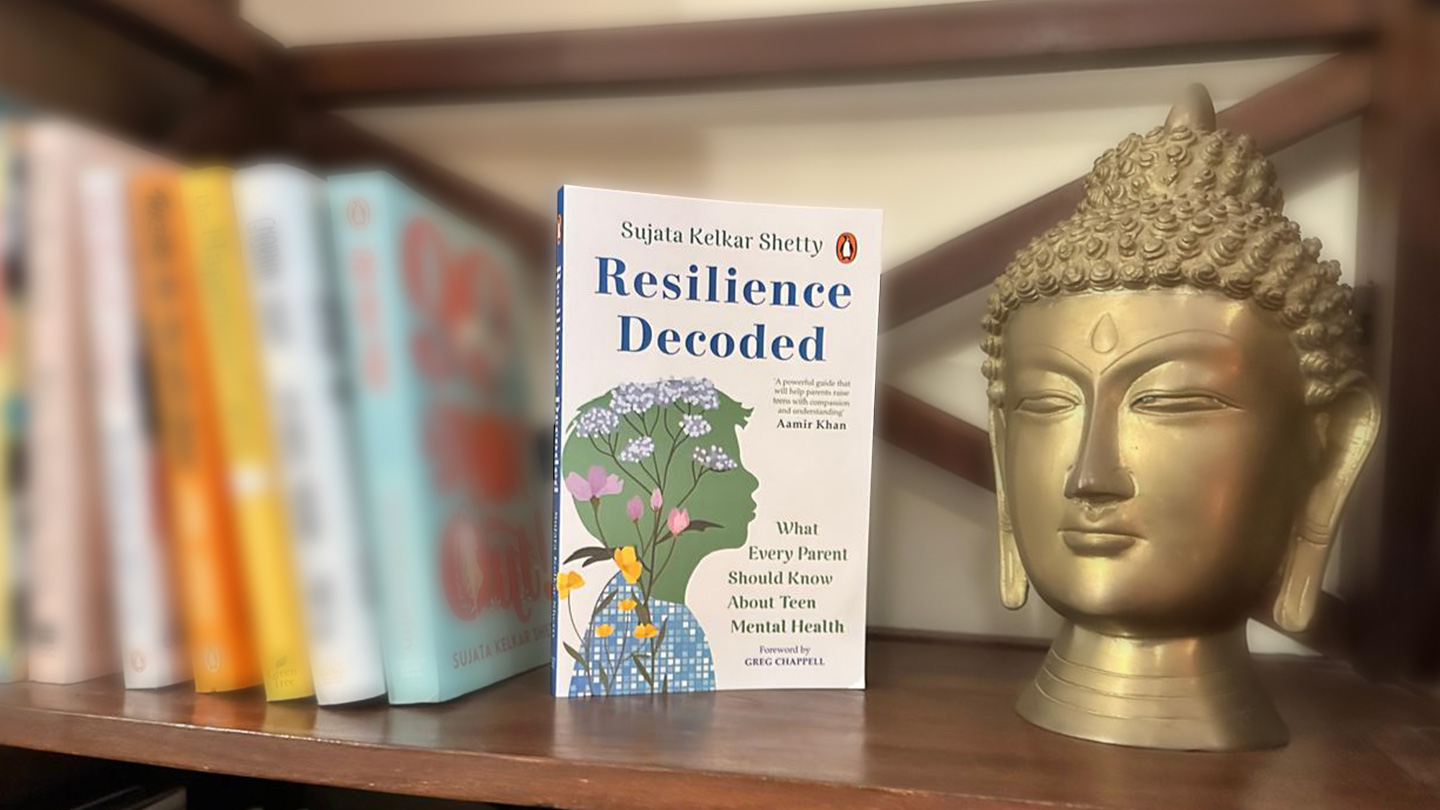Mental Health
Grieving Without Getting Lost: How to Navigate Life After Loss
Loss reshapes the way we see the world, but it doesn’t have to erase our ability to live fully. Here’s how to face grief’s waves, find meaning, and carry love forward.

Grief is one of those things you can’t truly understand until it lands at your door. It’s not just sadness. It’s confusion, exhaustion, sudden moments of laughter that feel almost guilty, and waves of pain that hit when you least expect them. Sometimes, it’s standing in a grocery aisle and realising you’ll never again buy their favourite chips. Other times, it’s hearing a song and having the pull over because your chest feels too tight to drive.
The truth is, grief doesn’t play by rules. It doesn’t have a start and finish date. And it doesn’t care how “strong” you are.
Related story: Why I Turned into an Optimist After my Mother’s Sudden Death
Grief Is Not Linear
You might think you’re “doing better” and then, out of nowhere, you’re right back to tears. That’s normal. A 2022 study in the Journal of Affective Disorders found that people often swing between moments of deep sadness and complete normalcy for years. It’s why you might laugh at a friend’s joke in the morning and cry into your pillow at night. Both moments are real. Both belong.
So, the first rule of grieving? Don’t punish yourself for how you feel, or how you don’t feel, on any given day.
Related story: Are You Avoiding Grief?
You Don’t Have to Do This Alone
Grief can make you want to shut the door, pull the curtains, and keep the world out. And sometimes, that’s okay. But staying there forever is not. Even one honest conversation can make a difference. Talking about loss with someone you trust can reduce feelings of isolation and loneliness.
This doesn’t have to be a therapist, though that can help; it can be a friend, a sibling, a neighbour. Someone you can say the unpolished truth to:
“I don’t want to be strong today.”
“I still expect them to walk through the door.”
“I don’t know who I am without them.”
It’s not about getting the perfect response. It’s about not carrying the weight alone.
Related story: 5 benefits of Spending Alone Time
Keep the Love, Even If You Let Go of the Pain
In many traditions, grief is not about forgetting; it’s about finding new ways to keep someone’s presence alive. Lighting a candle every year. Cooking their favourite dish. Wear their scarf when you miss them the most. It’s like “continuing bond”, and it might actually help with emotional healing. One woman told me she keeps her late mother’s recipe card tucked inside her kitchen cabinet. “I don’t cry when I see it anymore,” she said. “I just feel like she’s with me when I cook.”
If the Waves Don’t Settle, Get Help
There’s a difference between grief that softens with time and grief that traps you. If months pass and you can’t eat, sleep, or imagine a future, that’s not a sign of weakness; it’s a sign you deserve support. Getting help doesn’t mean you’re letting go of the person. It means you’re learning how to carry them forward without drowning.
Think of it like walking with a backpack. In the early days, it’s heavy, cutting into your shoulders, impossible to ignore. Over time, with support, you learn how to adjust the straps, shift the weight, and still move forward. The backpack never disappears; you just grow strong enough to carry it without it breaking you.
Related story: When Should You Go to Therapy?
Find Your Ritual
Some people find their strength in rituals: visiting the grave every Sunday, writing letters they’ll never send, playing a certain song every birthday. Others find it in creating something new; a charity in their name, a photo album that keeps growing, a small garden planted with their favourite flowers. And sometimes, strength is simply getting up, making tea, and opening the curtains, even on days you’d rather hide. That counts.
Related story: Music For When Your Grief has No Words
Grief is not about being “over it.” It’s about learning to live with it, and still letting joy find its way back into your life. That joy might feel different at first, quieter, softer, more fragile, but it’s still yours to claim. You’ll know you are healing when laughter doesn’t feel like betrayal. When you can remember them without your chest tightening. When you realise that their story is still being written, through the way you live, the choices you make, the kindness you pass on.
Love doesn’t end when life does. It changes form. It moves from presence to memory, from voice to echo, from holding hands to holding close in heart. And in that way, they’re still here. Always.
Related story: 6 Wellness Apps That Will Change Your Life
Mindfulness 101:Bring calm into your day with these daily tips. Sign up here.
EXPLORE MORE
Your mind loves to hit repeat. The good news? You can learn to hit stop.
Addiction doesn’t just happen in shadows; it lingers in our routines, our emotions, and even our silences. But recovery isn’t about one dramatic leap; it’s about rewriting your story, one small choice at a time.
Sujata Kelkar Shetty shows parents how to build resilience in teens without losing themselves. Dive into this insightful conversation as we understand “Resilience Decoded”.
Distraction is the modern-day flu, spreading fast, hard to shake, and often underestimated. But with a few surprising shifts, you can train your brain to stay present, calm, and focused.












